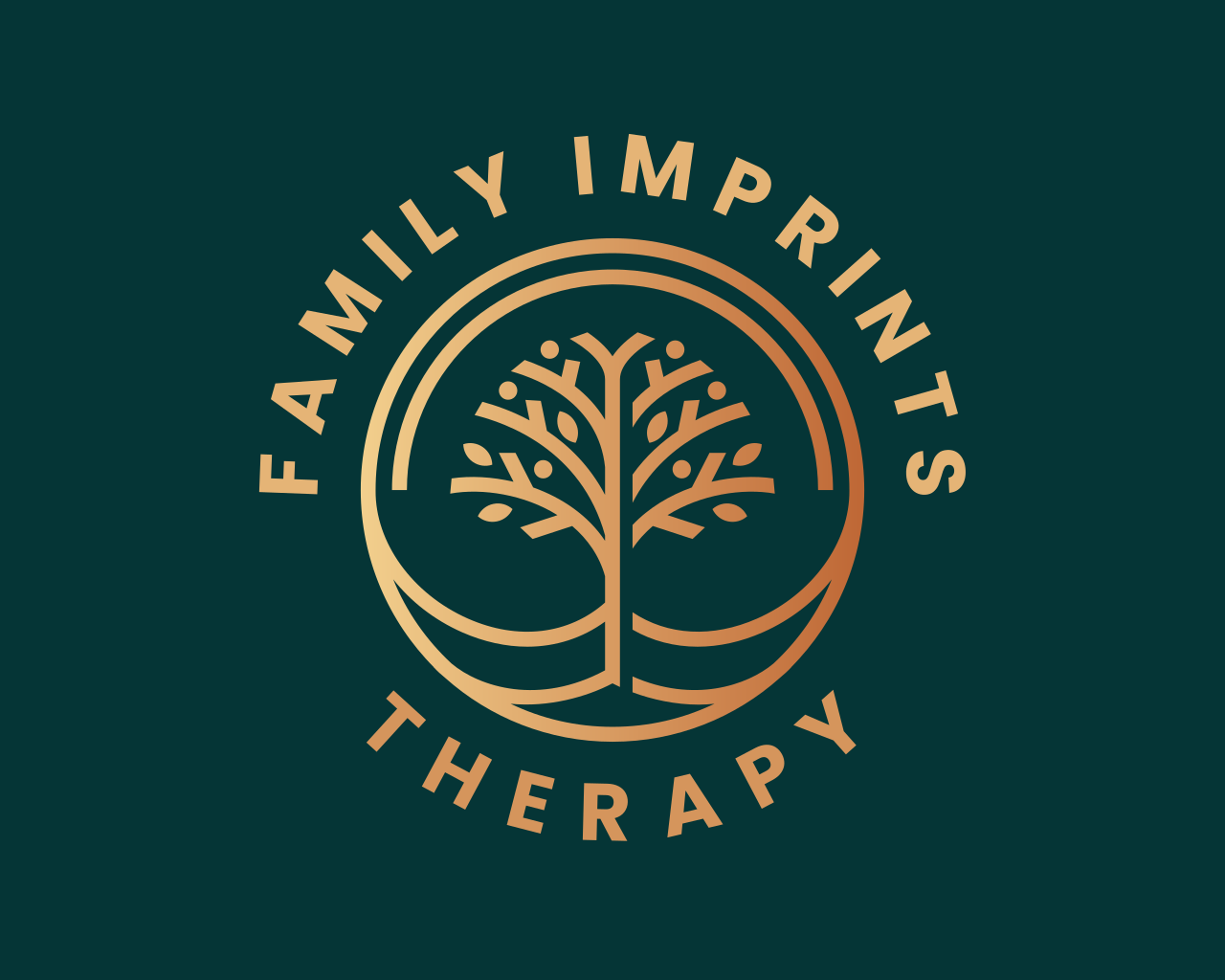Navigating Grief During the Holidays
By Nicole Moore, LMFT
The holidays often bring a mix of emotions—joy, anticipation, nostalgia, and for many, deep sadness. When you have lost a loved one, the season that once brought joy and connection can instead serve as a painful reminder of who is no longer here. The empty chair at the table, the missing laughter, or traditions that now feel incomplete can all stir waves of grief that resurface just when the world seems to be celebrating.
As a therapist, I often hear clients describe the pressure they feel to “be okay” during the holidays. They may feel guilty for not being in the spirit of things or worry about bringing others down. The truth is, grief does not follow the calendar. It does not pause because it is the holiday season or because the people around you are cheerful. Grief shows up when it needs to—sometimes in quiet moments, sometimes in the middle of the noise of an extended family dinner.
Why the Holidays Can Feel Especially Hard
Holidays tend to amplify the contrasts in our emotional world due to cultural norms. The focus on family togetherness, the sensory triggers like music or scents, and the cultural expectation of joy can all magnify feelings of sadness, loneliness and grief. You may also find yourself revisiting old memories, both comforting and painful, or reflecting on how much life has changed since your loved one’s passing. For some, this season may be the first without someone special. For others, it may have been years, yet the ache still returns in familiar ways. There is no timeline for grief, and no “right” way to move through the holidays.
Ways to Cope and Create Space for Both Grief Along with Connection
1. Give yourself permission to feel.
Allow your emotions to be what they are. You do not have to force joy nor do you have to suppress sadness. Sometimes the kindest thing you can do for yourself is to present with your emotions and acknowledge they are present. You can remind yourself, “This is hard, and that’s okay.”
2. Honor your loved one in meaningful ways.
Create a ritual that keeps their memory present. Light a candle at dinner, hang a special ornament, share a favorite story, or cook a dish they loved. These small gestures can provide comfort and connection amid the absence.
3. Adjust traditions if you need to.
It’s okay to say no to certain gatherings or to change how you celebrate. Maybe you scale things back, spend time outdoors, or volunteer in your loved one’s honor. Traditions are meant to serve connection, not obligation. Be flexible, check in with yourself and your grief to see what feels right this holiday season. Your needs might change from season to season.
4. Seek out support.
Reach out to trusted friends, family or a therapist who can hold space for your grief. Sometimes simply sharing memories or tears with others who understand can bring relief. Sometimes you might just need someone to sit in the grief without trying to make you feel better.
5. Make room for moments of joy—without guilt.
Experiencing laughter or warmth does not mean you have forgotten or moved on. It means you are human and might have moments when grief takes a break for you to laugh. Additionally, remember that grief and joy can coexist. This allowing both experiences and feelings is part of the healing process.
Closing Thoughts
If you’re grieving this season, know that you are not alone. Grief is not something to fix—it is something to tend to with care and compassion. Be gentle with yourself as you navigate this time of year. Remember that it is okay to allow your holidays to look and feel different if they need to. Healing is not about letting go of the person you have lost—it is about finding ways to carry their memory forward with love while honoring the life you are currently living. Wishing you and your loved ones a wonderful holiday season filled with love, laughter and tim
